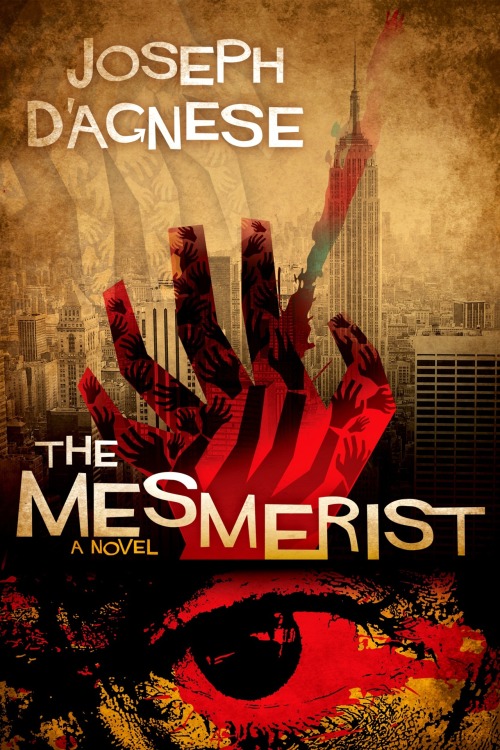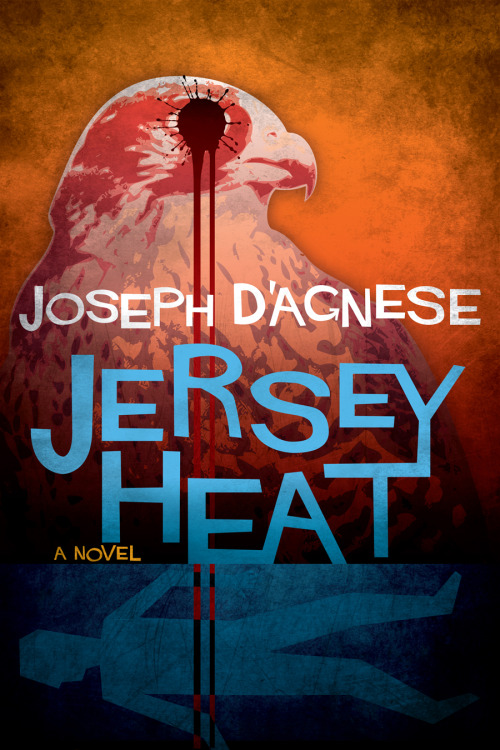All day today on the US Amazon page was this note from Jeff Bezos, Founder and CEO of Amazon:

As you can expect, Jessica Park's novel got a lot of attention. I don't know what its ranking was last week when this essay of her was first appeared, but right now it's at #18 in the overall Kindle store, meaning it's selling a ton. Does she deserve the extra attention? I have no idea, and quite honestly I don't care. It's nice that Bezos singled her out, though the real reason (I'm speculating) is to spotlight the Kindle Direct Publishing program, to try to get even more authors to self-publish (and by this point, I figure practically all smart authors are anyway).
But as is the case when something draws a lot of attention, there will be backlash.
Namely, a score of 1-star reviews for the book.
Seventeen 1-star reviews to be exact, as of this writing. Also, two 2-star reviews, one 3-star review, three 4-star reviews, and twelve 5-star reviews.
Now here's the really interesting part.
Out of the seventeen 1-star reviews, only one of those is a verified purchase. Meaning, someone actually purchased a copy of the Kindle edition. On the flip side, eleven of the 5-star reviews are verified purchases. So there's that.
Now, just how important are Amazon reviews? I've discussed the impact they can have on sales in regards to affecting the algorithm, but they also do sway a number of readers. I know many readers study the reviews with more attention than they do the book's actual product description and, well, the sample itself. Instead of letting the book speak for itself, they want to know what others say. Which makes sense to an extent, as readers are very vocal. But if you look at several of today's 1-star reviews, you get the following:
And you get:
And you get:
It's this last review in particular that seems to be echoed by many of these 1-star reviews. What it's referencing is the license notes just inside the book:
Now, I can understand why this might turn some people off. I can also understand why Ms. Park includes it (actually, I could be wrong, but I think she uploaded a revised paragraph, because I remember reading it earlier in the day and seeing something more ... crude). Many writers are very concerned that their work will be pirated or shared, and that they'll end up with nothing. Me, I don't worry too much about being pirated. Hell, I know a lot of my books are on torrent sites, and you know what? I don't lose any sleep over it. As far as I can tell, it doesn't impact my sales much at all. In fact, my sales have been pretty steady and strong for the past several months. I figure most readers are honest, and will purchase the book at Amazon or Barnes & Noble or wherever. Those who download books illegally most likely aren't even going to read my book (pirates just like to pirate things for the sake of pirating them), and even if a few do read my books, it's not like they were going to purchase them to begin with.
So again, I can't complain.
But again, I do understand the worries of writers such as Ms. Park (though I do think adding license notes to an ebook is a joke to begin with, as most readers just skip them anyway, and those who are going to share the book or pirate it are going to do it regardless of whatever threat the writer might give).
Now, could she have worded her threat a different way? Sure. Would it really matter in the end for those 1-star reviews? Probably not. I figure people just like to bitch for the sake of bitching. If it wasn't the license notes, they would have come up with something else (though, yeah, I do see how it can be pretty off-putting, especially as a potential reader knowing nothing about the writer).
Of course, this also goes back to the whole reading-outside-of-your-comfort-zone mentality. For me, this book is nothing I would be interested in, so I glanced at it and moved on. Others probably bought it -- or at least downloaded the sample -- to see what all the fuss was about. And because it wasn't a book they typically read, they immediately hated it and gave it a poor rating. On the other hand, a good portion of readers will read it and love it and seek out more of Ms. Park's work.
And that, really, is all that matters in the end.
There are those who will hate it just to hate it, or hate it because it's not their type of book, and that's okay. That's to be expected, really.
I mean, I would expect the same if I ever got the Bezos Bump.
Wouldn't we all?




